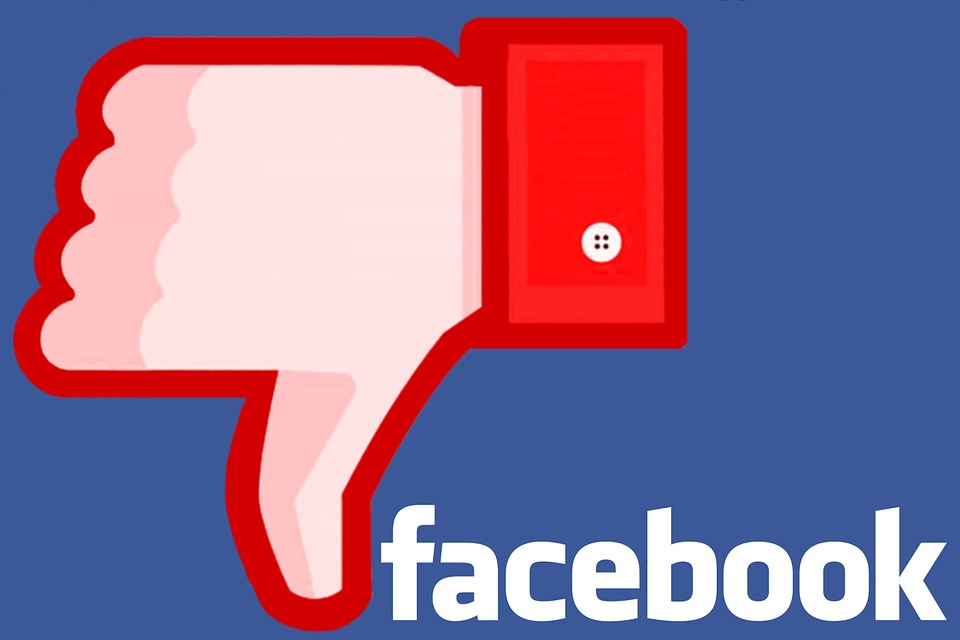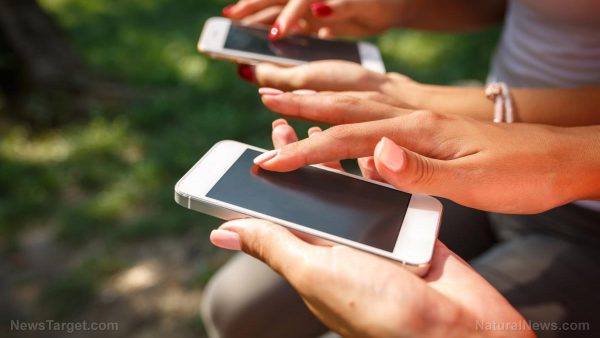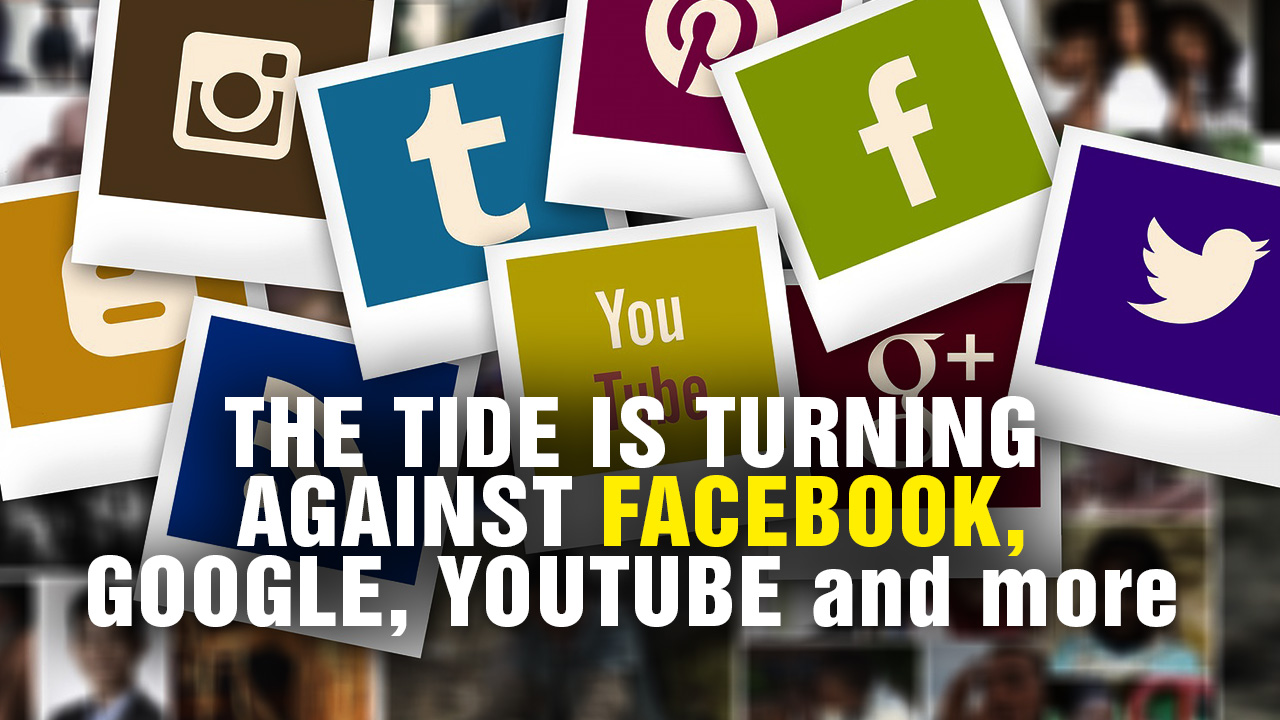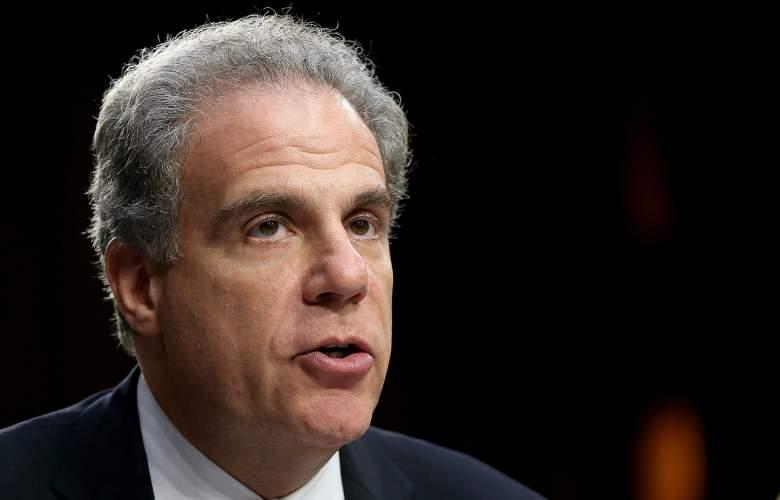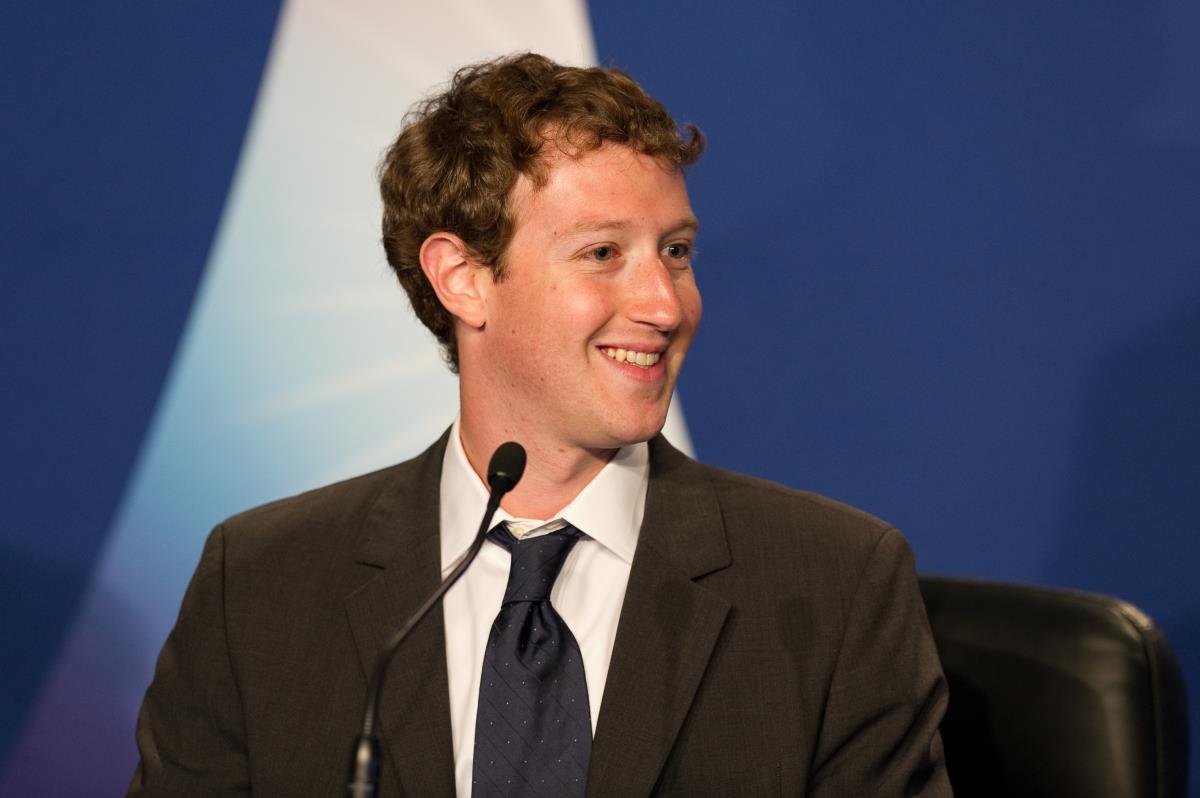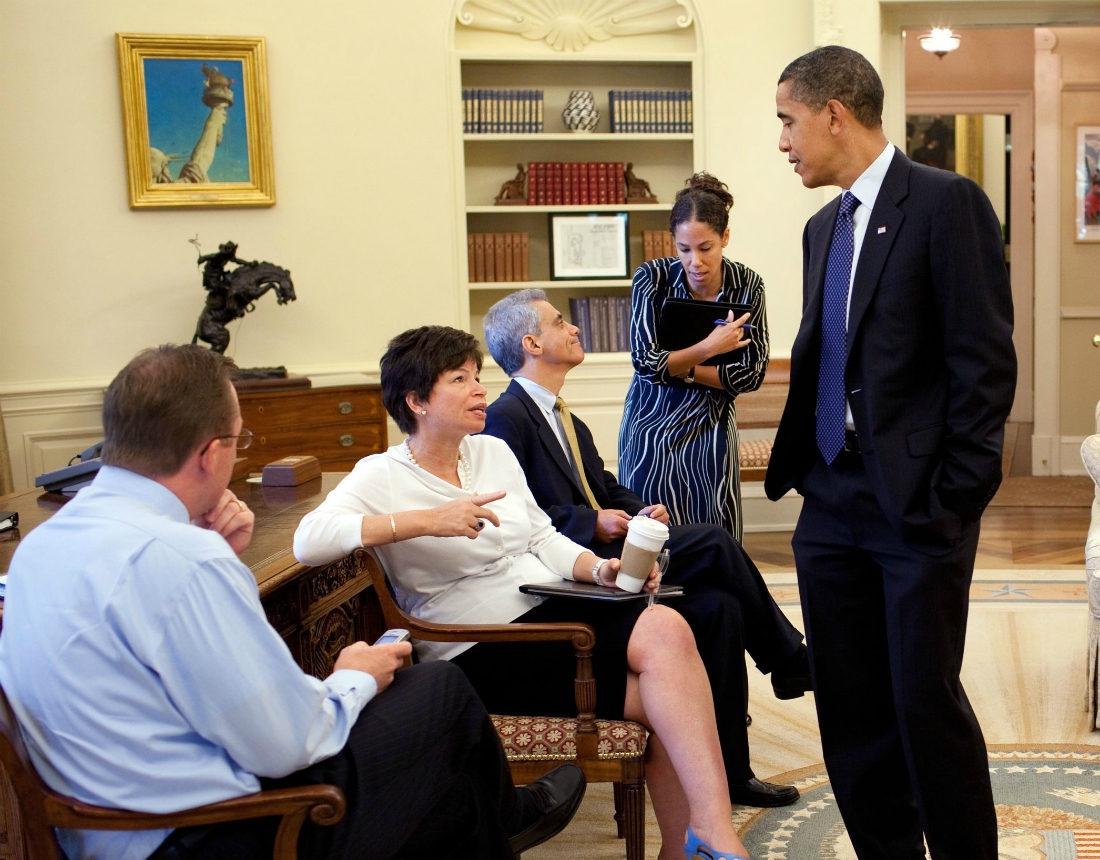Facebook is currently embroiled in an unprecedented data scandal that has caused the whole world to react. Sure, the social media giant has been through a number of different scandals in the past, but this time, the stakes are much higher. Facebook’s current predicament due to the Cambridge Analytica data breach, which exposed the information of millions of its users, is sure to have some long-term consequences. In fact, almost a tenth of all users have left the platform already, based on the results of a recent survey.
Because of all the attention that the media brought onto the Facebook data privacy problem, a movement called #DeleteFacebook was born. It became a trending topic across a number of social media platforms, and some famous personalities even joined and deleted their own accounts, which made sense given that it’s the objective of the movement – to delete your account on Facebook.
And yet Facebook, or rather Mark Zuckerberg, Facebook’s creator and current CEO, went on record to state that the #DeleteFacebook movement had minimal impact, if it had any noticeable effects at all. An independent group called Creative Strategies wanted to put that claim to the test, so they did. They said they wanted to see if Facebook’s claim that the movement to delete user accounts had minimal impact was true, and they wanted to understand more about how the public really felt about the Cambridge Analytica scandal. (Related: #DeleteFacebook and eliminate this social media “spy network” from your life… forever.)
Significant amount of backlash
Creative Strategies conducted a study that involved a total of 1,000 American participants, who they say are representative of the general U.S. population in terms of both age and gender. And to make sure that their survey participants could form honest, informed opinions on the subject, they first asked whether or not they were aware of the Cambridge Analytica incident. Thirty-nine percent said they were very aware, while 37 percent said they were somewhat aware of what happened. That’s a little over 70 percent of all participants who can be relied on for useful survey answers.
What Creative Strategies found, after going through the results of their survey, was that 11 percent of the participants had already deleted the Facebook app from their phones. What’s more, nine percent of them have deleted their Facebook accounts altogether. Although not a large chunk of the global Facebook user base, this small portion of users leaving signifies that Facebook is not so infallible after all – the #DeleteFacebook movement did have an impact, and given a bigger push or more coverage, the impact could be so much more.
According to Carolina Milanesi, a Principal Analyst working at Creative Strategies, it may be high time for Facebook to really start paying attention to the consequences of its actions – or inaction, in the case of the Cambridge Analytica data breach – which affect its users and their privacy. “Implementing changes to the platform so that privacy could be better protected is not trivial when it impacts the core business model. Some discussion in Washington was pointing to the monopoly Facebook has which could be the biggest factor in determining how forgiving users will be,” she explained. “What is clear, however, is that the size Facebook has reached makes this a global issue, not just a U.S. issue.”
To be clear, the vast majority of Facebook users still haven’t begun deleting their accounts, so that isn’t a big problem for the social media giant just yet. But the results of the #DeleteFacebook movement and this survey show that there are cracks in their armor, and sometimes, that’s all you need to make giants fall.
Head over to MarkZuckerberg.news for more on Facebook’s other scandals.
Sources include:
Techpinions.com
BGR.com

